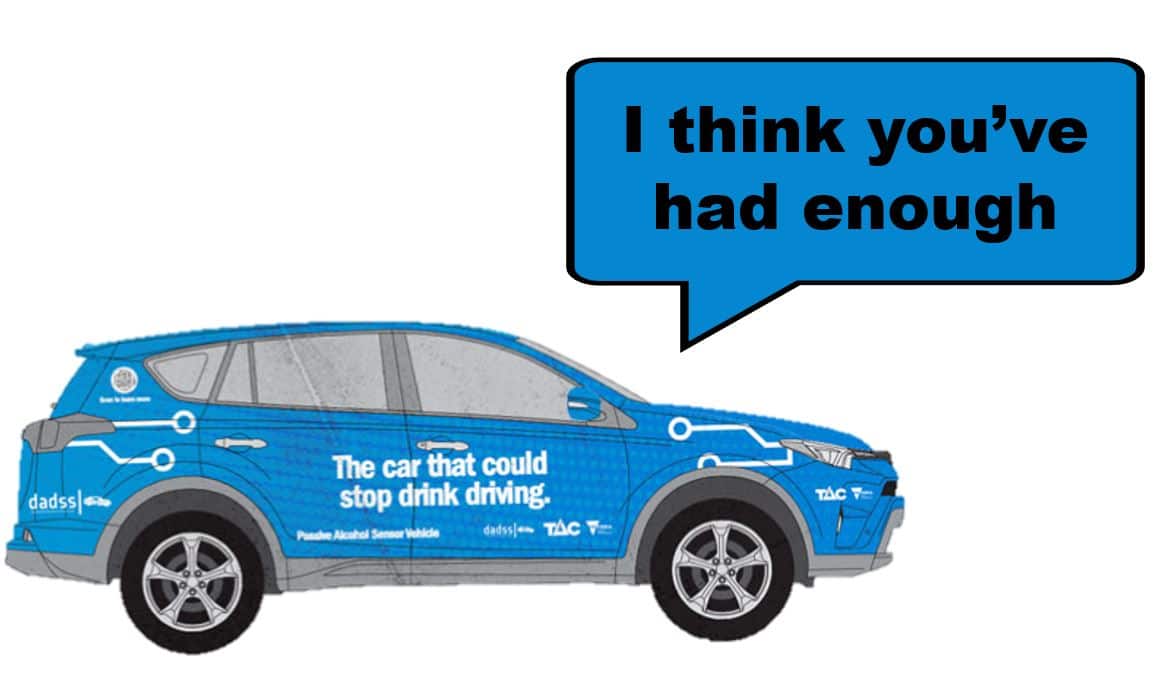
Alcohol is a factor in approximately 20% of all road fatalities. The Foundation for Alcohol Research and Education estimates the annual social cost of alcohol abuse in Australia exceeds $36 billion, with 25.5% of this tied to alcohol-related traffic crashes.
Since 1977, public education campaigns and enforcement have significantly reduced lives lost to drink driving. However, there’s still work to be done. To achieve our road safety targets, we need innovative ways to stop drink driving, and technology might hold the key.
One promising development is Passive Alcohol Sensor (PAS) technology. This non-invasive system detects alcohol concentration in a driver’s breath and prevents the vehicle from starting if a preset Blood Alcohol Content (BAC) threshold is exceeded. The sensor analyses breath exhaled naturally, using carbon dioxide as a benchmark to ensure accurate alcohol detection, even in diluted samples.
PAS technology is now being trialed in real-world conditions. Once it meets rigorous standards, it will be offered as a voluntary safety feature in new vehicles, joining systems like automatic emergency braking and lane departure warning.
————-
Follow us on LinkedIn for more snippets and news: @Safe System Solutions Pty Ltd
